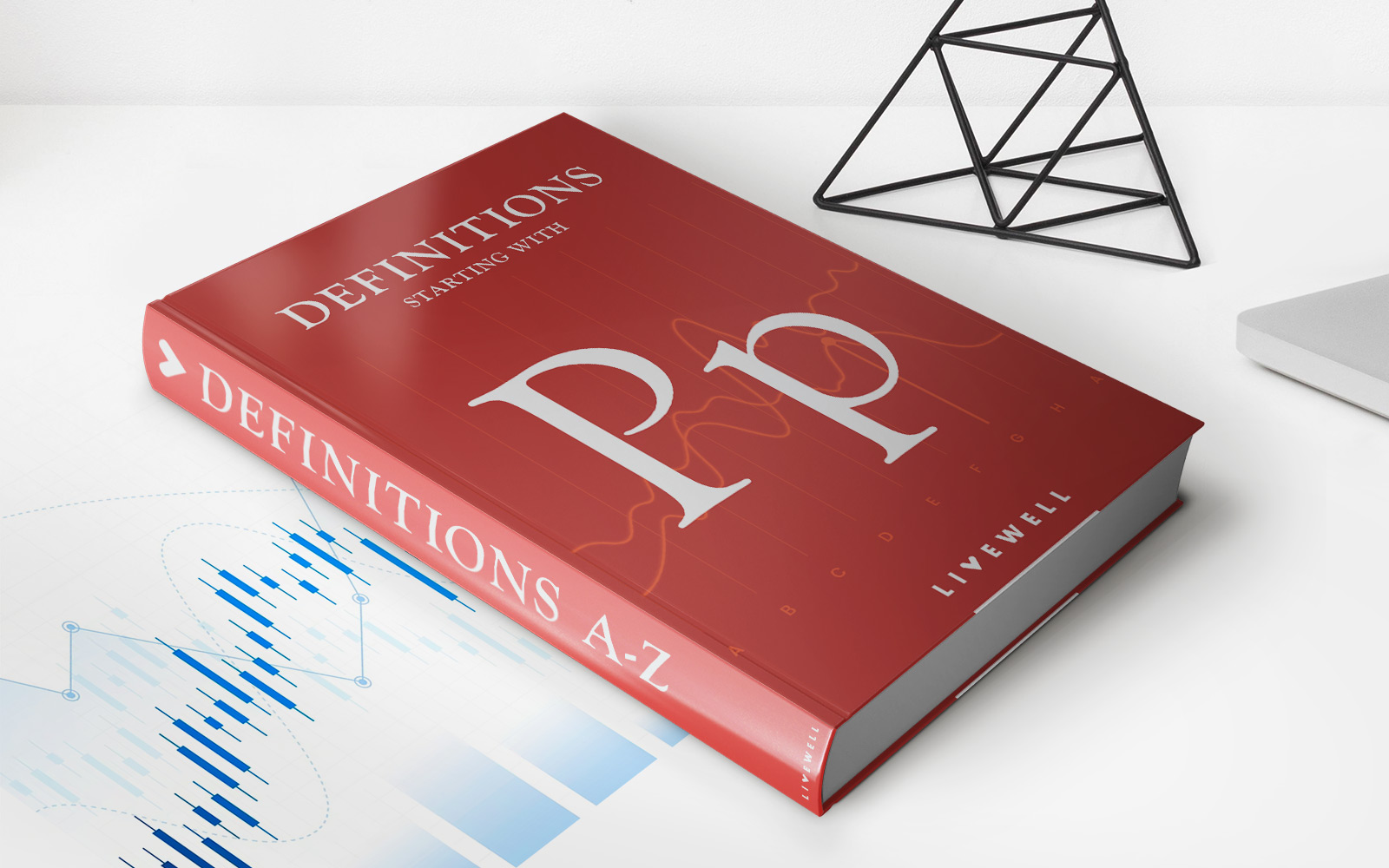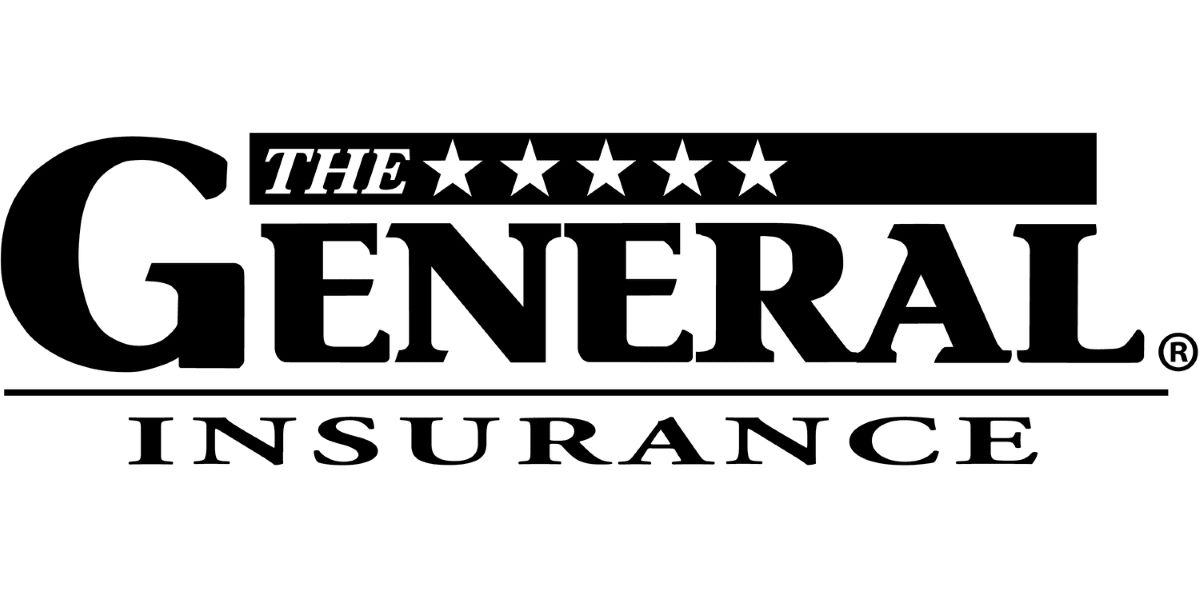Home>Finance>Generally Accepted Auditing Standards: Definition, GAAS Vs. GAAP


Finance
Generally Accepted Auditing Standards: Definition, GAAS Vs. GAAP
Published: November 30, 2023
Learn the difference between Generally Accepted Auditing Standards (GAAS) and Generally Accepted Accounting Principles (GAAP) in this comprehensive guide. Find out why these standards are crucial in the world of finance.
(Many of the links in this article redirect to a specific reviewed product. Your purchase of these products through affiliate links helps to generate commission for LiveWell, at no extra cost. Learn more)
Generally Accepted Auditing Standards: Definition, GAAS vs. GAAP
Welcome to our finance blog, where we provide valuable insights on various financial topics. In this article, we will delve into the world of Generally Accepted Auditing Standards (GAAS) and explore the differences between GAAS and Generally Accepted Accounting Principles (GAAP). If you’re looking to understand the essential concepts and requirements of auditing, you’ve come to the right place.
Key Takeaways:
- Generally Accepted Auditing Standards (GAAS) are a set of principles and guidelines that auditors follow when conducting audits.
- GAAS provides a framework that ensures auditors maintain independence, exercise professional skepticism, and adhere to ethical standards.
Now, let’s dive into the world of auditing and understand the significance of GAAS in financial reporting.
What are Generally Accepted Auditing Standards?
Generally Accepted Auditing Standards (GAAS) are a set of guidelines and principles that auditors follow while conducting audits. These standards help auditors maintain consistency, ensure the quality of their work, and provide reliable financial information to stakeholders.
GAAS consists of three general standards, three fieldwork standards, and four reporting standards. These standards provide auditors with a framework that ensures they perform their duties with independence, integrity, and professional skepticism.
The Difference between GAAS and GAAP
While GAAS deals with the principles and guidelines that auditors must follow, Generally Accepted Accounting Principles (GAAP) guides the preparation and presentation of financial statements. GAAP ensures financial statements are accurate, complete, and consistent.
GAAS and GAAP serve different purposes but are interconnected. Auditors use GAAS to provide assurance on financial statements prepared in accordance with GAAP. GAAS focuses on the audit process, while GAAP focuses on the content and presentation of financial statements.
Why are Generally Accepted Auditing Standards Important?
Generally Accepted Auditing Standards play a vital role in financial reporting and provide numerous benefits to both auditors and stakeholders:
- Ensuring Independence: GAAS requires auditors to maintain independence from the entities they are auditing. This ensures that auditors maintain an unbiased perspective, enhancing the trust and reliability of the audit process.
- Upholding Professional Skepticism: GAAS emphasizes the need for auditors to exercise professional skepticism. It encourages auditors to question and critically assess the evidence presented, promoting the detection of material misstatements.
- Setting Ethical Standards: GAAS lays down ethical standards that auditors must adhere to. It enforces integrity, objectivity, confidentiality, and professional competence, ensuring auditors act in the best interest of the stakeholders.
- Enhancing Financial Reporting Quality: GAAS helps maintain the quality of financial reporting by verifying the accuracy and completeness of the financial statements. This instills confidence in stakeholders and helps them make informed decisions.
By adhering to GAAS, auditors play a critical role in ensuring reliable financial reporting and maintaining trust in the financial markets.
In Conclusion
In summary, Generally Accepted Auditing Standards (GAAS) provide auditors with a framework to conduct audits effectively. It ensures the independence, professional skepticism, and ethical conduct of auditors. While GAAS focuses on the audit process, GAAP guides the preparation and presentation of financial statements. Both GAAS and GAAP work together to maintain the integrity and reliability of financial reporting. By upholding these standards, auditors contribute to the transparency and credibility of the financial industry.
Thank you for reading our finance blog. We hope this article has provided you with valuable insights into the world of auditing and the importance of Generally Accepted Auditing Standards.














